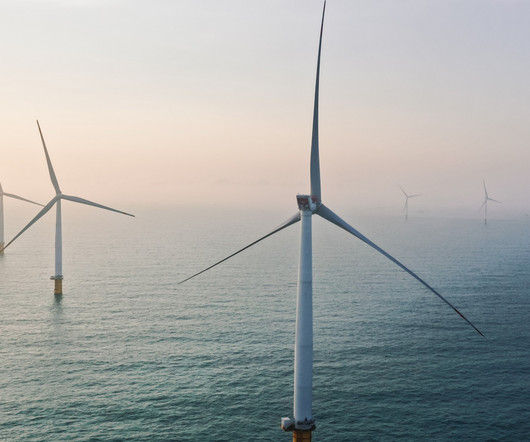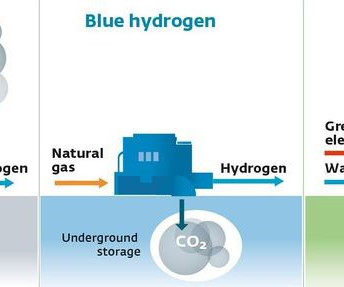Renewable energy trends and developments powering a cleaner future
IBM Services
MARCH 8, 2024
In a warming world, the transition from fossil fuels to renewable energy is heating up. Global capacity for renewable power generation is expanding more quickly than at any time in the last thirty years, according to the International Energy Agency (IEA). And by 2028, 68 countries will boast renewables as their main source of power.












Let's personalize your content